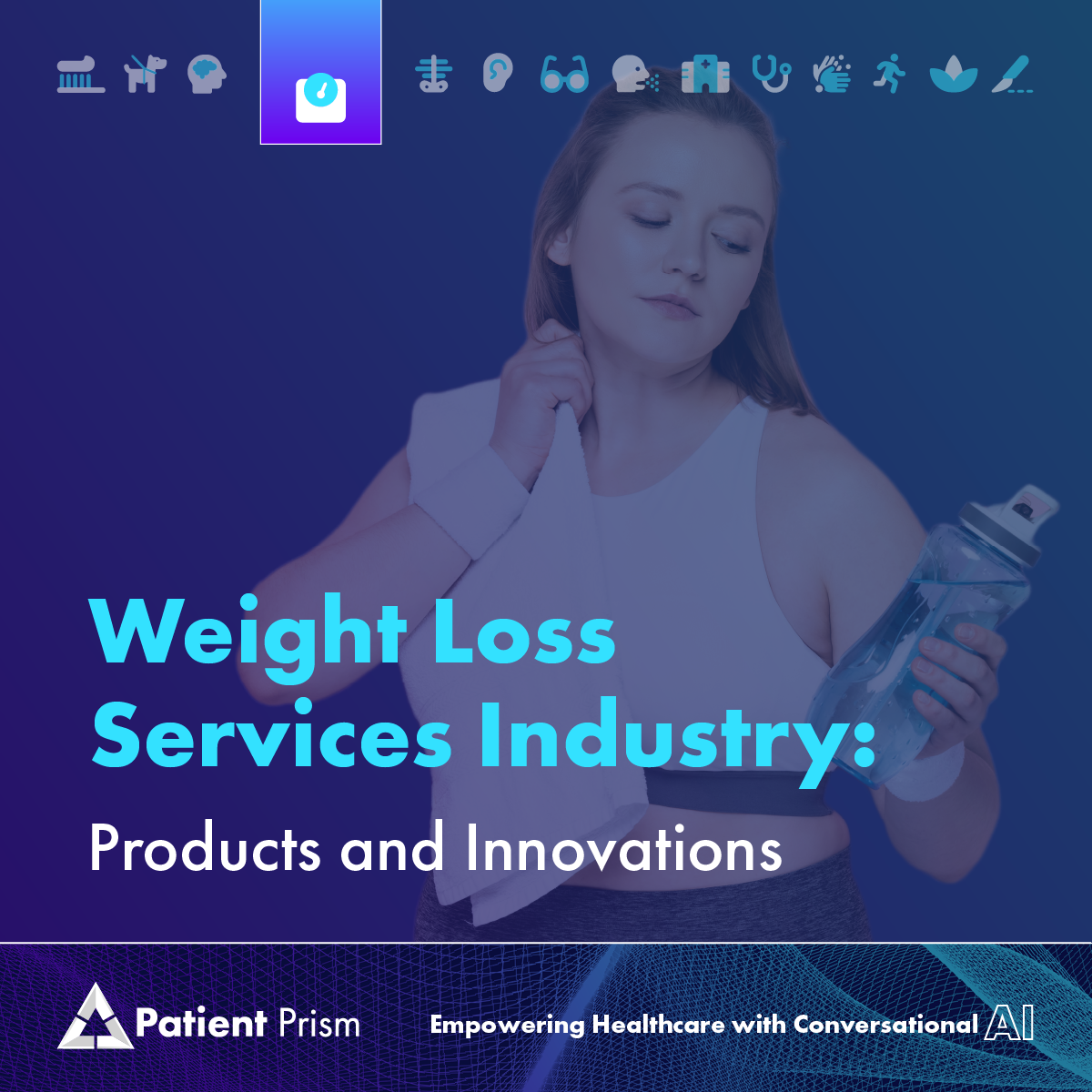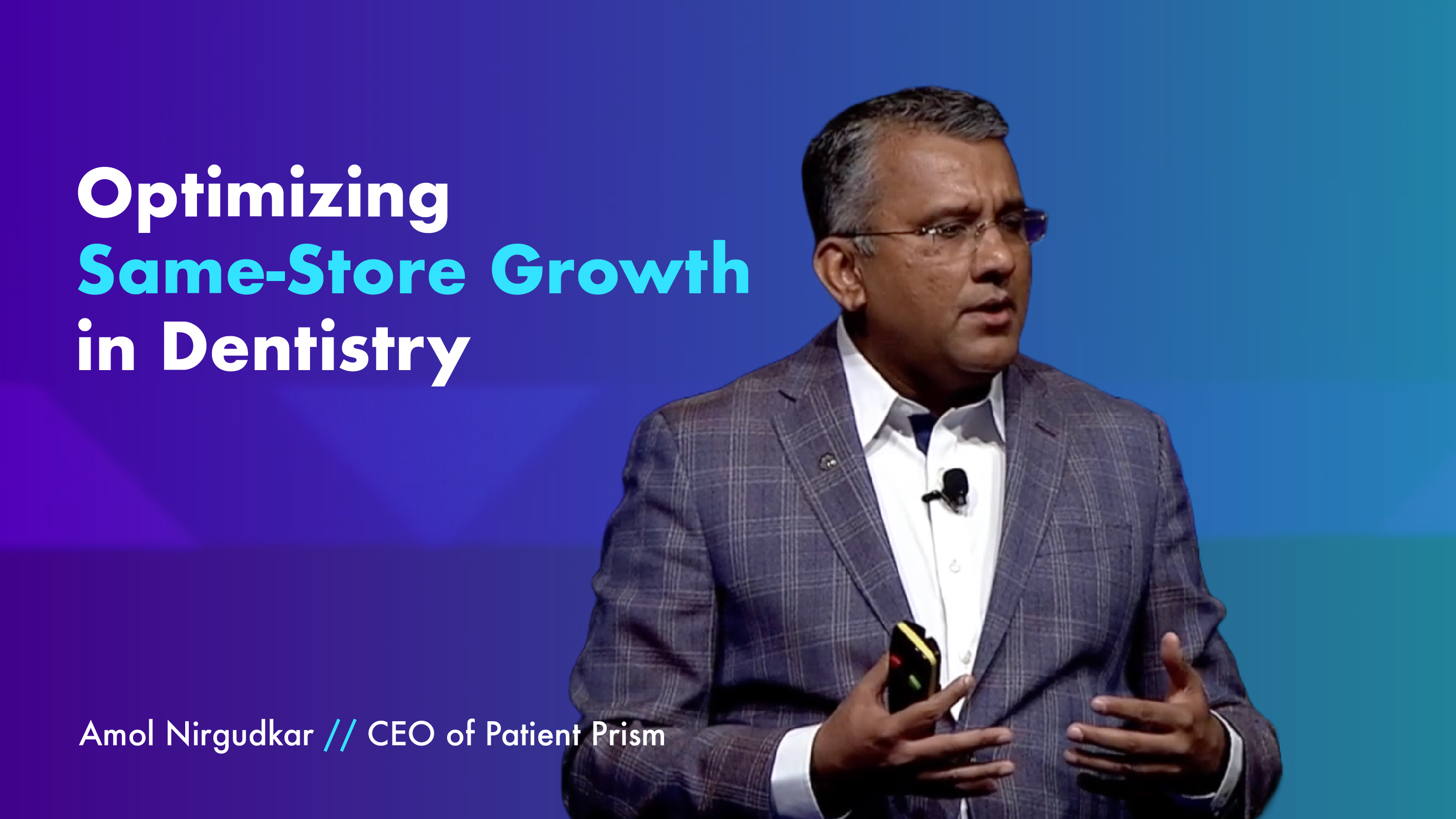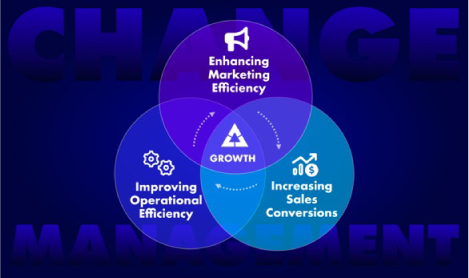The weight loss industry is brimming with diverse offerings designed to help people achieve and maintain a healthy weight. With advancements in technology and changing consumer preferences, this industry has embraced innovative solutions to cater to a wide audience. Let’s explore the key components that make up this dynamic sector.
Weight Loss Industry: Key components include:
- Digital Subscriptions:
- The rise of digital platforms and mobile technology has shifted the focus of many weight loss service providers to online subscriptions. These digital subscriptions often include access to apps, online coaching, virtual consultations, and progress tracking tools.
- Digital platforms enable users to track their calorie intake, monitor their physical activity, and receive personalized diet and exercise plans. Features like progress dashboards, virtual community support, and integration with wearable devices (e.g., Fitbits, smartwatches) are commonly offered.
- In-Person Consultations:
- Traditional in-person consultations involve face-to-face meetings with dietitians, nutritionists, or weight loss coaches. These sessions focus on individualized diet and exercise plans, behavior modification strategies, and ongoing support and accountability.
- Despite a decline due to the COVID-19 pandemic, there is still a demand for personalized, hands-on guidance, particularly for individuals with specific dietary needs or health conditions.
- In-Meeting Product Sales:
- Many weight loss service providers supplement their revenue by selling products during consultations. These can include prepackaged meals, nutritional supplements, fitness equipment, and branded merchandise.
- In-meeting product sales have seen a decline as consumers increasingly turn to e-commerce and direct-to-consumer online sales channels for these items.
- AI and VR Innovations:
- The report highlights the growing use of artificial intelligence (AI) and virtual reality (VR) in weight loss services. AI can offer highly personalized recommendations by analyzing user data, while VR can create immersive exercise experiences.
- These technologies can enhance user engagement and provide unique, interactive ways to support weight loss efforts. For example, AI-driven chatbots can offer real-time dietary advice, and VR can simulate exercise environments that motivate users to stay active.
Weight Loss Industry: Conversational AI Support: Conversational AI can significantly enhance the delivery and effectiveness of weight loss products and services in several ways:
- Personalized Recommendations:
- AI can analyze user data (e.g., dietary habits, physical activity levels, health goals) to provide tailored recommendations. For instance, a user might ask, “What should I eat today to stay within my calorie limit?” and receive a personalized meal plan based on their preferences and nutritional needs.
- Virtual Coaching and Support:
- AI-powered virtual coaches can offer real-time advice and motivation. Users can interact with chatbots to get instant feedback on their progress, ask questions about their diet or exercise routine, and receive encouragement to stay on track.
- For example, a user could ask, “How can I overcome my cravings for sweets?” and get practical tips and strategies from an AI coach.
- Progress Tracking and Analysis:
- AI can integrate with wearable devices and health apps to track users’ progress and provide detailed analysis. This includes monitoring weight changes, physical activity, and dietary intake, and offering insights on how to improve.
- Users might ask, “How many calories did I burn this week?” and get a detailed breakdown of their activities and caloric expenditure.
- Enhanced Engagement through Interactive Features:
- AI can create engaging, interactive experiences that keep users motivated. For instance, gamification elements like challenges, rewards, and social competitions can be integrated into weight loss programs to enhance user engagement.
- Virtual reality (VR) can provide immersive workout environments that make exercising more enjoyable and engaging, such as virtual hiking trails or fitness classes.
- Educational Content Delivery:
- AI can deliver educational content in a user-friendly manner, helping users understand the principles of healthy eating and effective exercise. This might include tips, recipes, and instructional videos.
- Users could ask, “What are some healthy snack ideas?” and receive a curated list of recipes and tips based on their dietary preferences.
- Automated Scheduling and Reminders:
- Conversational AI can manage scheduling for consultations, workouts, and meal planning. Automated reminders can help users stay on track with their appointments and daily routines.
- For example, users might receive reminders like, “Don’t forget your virtual consultation with your dietitian at 3 PM today.”
By leveraging conversational AI, weight loss service providers can enhance the personalization, convenience, and engagement of their offerings, making it easier for individuals to achieve and maintain their weight loss goals.







